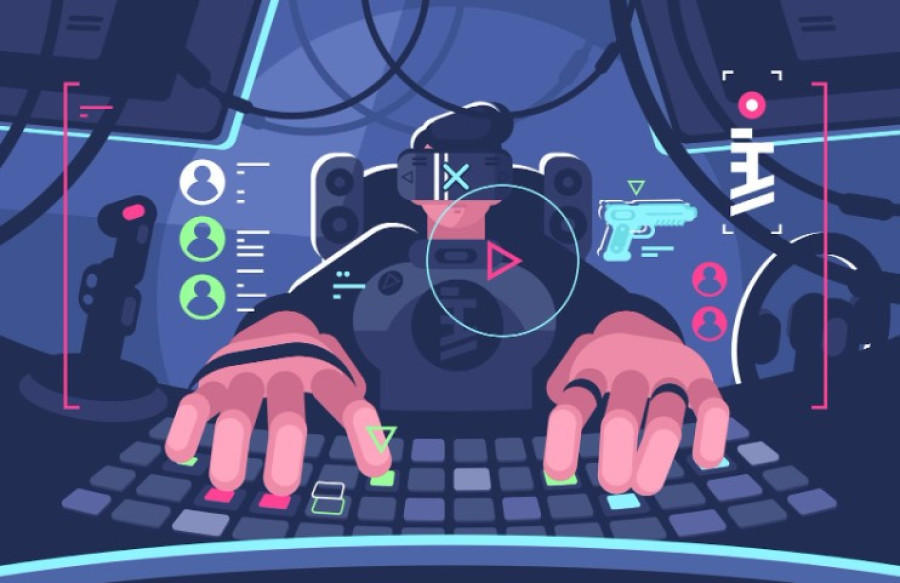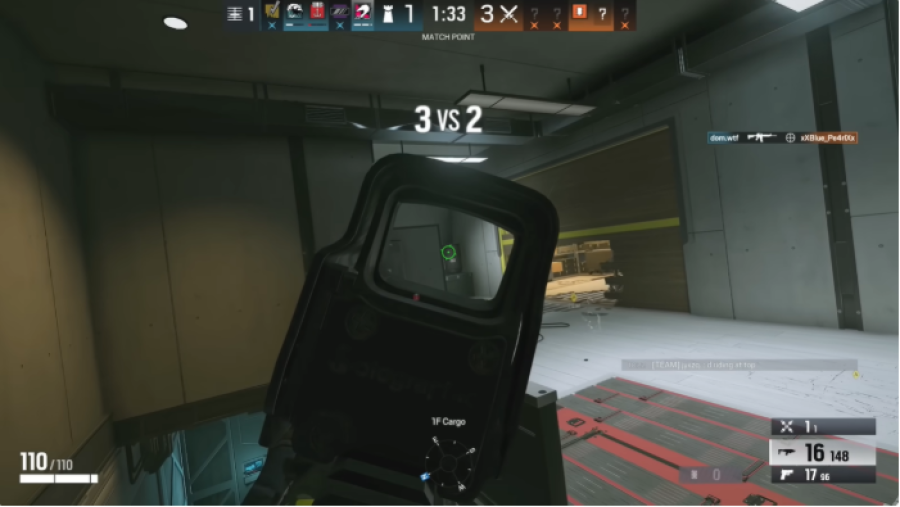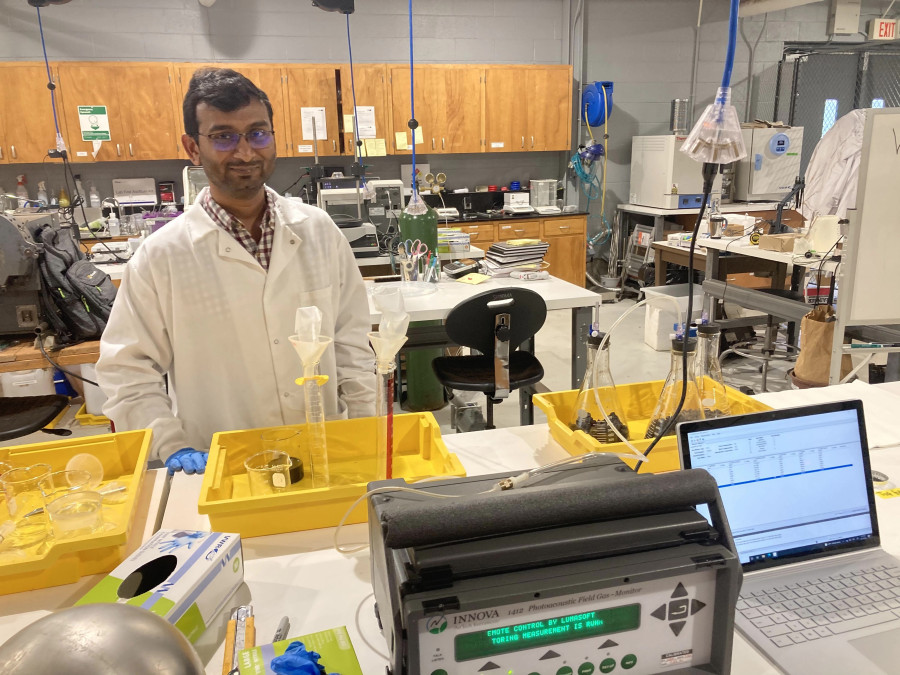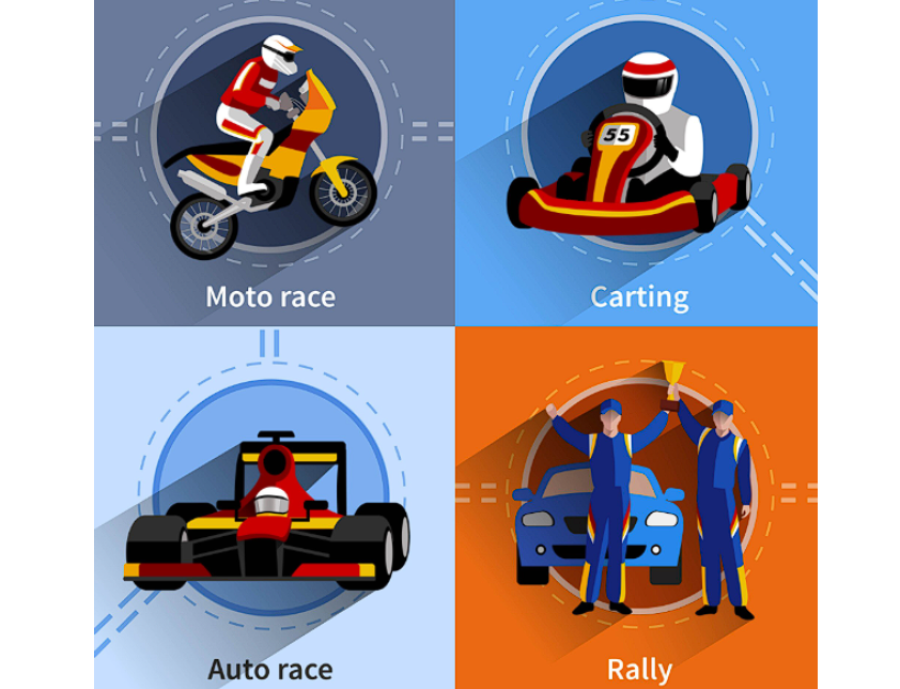Running is one of the most underrated ways to maintain health, especially among professional players. Many focus solely on esports training, forgetting that physical activity directly affects concentration, reaction speed, and overall well-being. As I delved into this topic, I realized that cardio workouts not only strengthen the body but also provide significant psychological relief. In the world of esports, where stress and overload are commonplace, this is especially important. Let’s explore why running can become an essential tool for players.
Improving Concentration and Reaction
Esports requires split-second decision-making and intense concentration. Any mistake can influence the outcome of a match, so it’s crucial to maintain not only gaming skills but also overall physical condition. Cardio workouts improve blood circulation, increasing oxygen flow to the brain, which positively affects cognitive speed. The better the cardiovascular system functions, the faster players can react to in-game situations. Additionally, running enhances coordination and balance, helping players adapt more quickly to dynamic gaming scenarios.
Regular running also improves endurance, allowing players to sustain focus even during long matches. The longer the body stays in good shape, the less fatigue affects attention and precision. I’ve noticed that after outdoor training, my thoughts become clearer, and my focus sharpens. Physical activity helps eliminate mental fatigue that builds up after extended gaming sessions. This is especially important before tournaments when nerves are at their peak, and even the smallest details can impact the result.
Many professional players have already incorporated cardio into their training routines, realizing that it benefits them both physically and mentally. For example, in disciplines that demand extreme concentration, such as valorant betting, players must make quick decisions, analyze game situations in real time, and maintain composure under pressure. Regular physical exercise helps with these challenges, allowing players not only to stay in peak condition for longer but also to consistently perform at a high level, regardless of tournament difficulty or match duration.
Reducing Stress and Preventing Burnout
Professional players face immense pressure: intense tournaments, a demanding training schedule, long streaming hours, and criticism from fans. All of this accumulates over time and can lead to emotional exhaustion. Without effective ways to relieve stress, it only continues to build up, reducing motivation and concentration. That’s why it’s essential to focus not only on training but also on proper recovery methods.
Cardio workouts help the body produce endorphins—hormones of happiness that reduce anxiety and improve mood. Regular running also lowers cortisol levels, the stress hormone, which in excess leads to fatigue, irritability, and decreased productivity. Even a short 20-30 minute run provides a sense of reset and helps manage accumulated tension. I’ve often noticed that after intense gaming sessions, physical activity allows me to recover faster and get rid of irritability. Problems that once felt overwhelming lose their intensity, and stress is replaced by a sense of control and clarity.
The ability to manage emotions, stay composed in critical moments, and quickly recover from losses is crucial for esports players. Maintaining a balance between gaming and physical activity not only strengthens overall health but also increases resilience to stress, directly impacting performance.
Impact on Sleep and Body Recovery
Proper rest is one of the most crucial factors for success in esports. Lack of sleep slows down reaction time, weakens attention, and makes decision-making less precise. This is especially noticeable during intense matches where every second can determine the outcome of the game. Due to irregular schedules, many professional players have to train and compete in tournaments late at night, disrupting their natural circadian rhythms and leading to chronic fatigue. In the long run, this negatively affects not only gaming performance but also overall health: increased anxiety, weakened immune function, headaches, and a higher risk of cardiovascular diseases.
Physical activity plays a vital role in normalizing sleep patterns and supporting recovery. Cardio workouts help regulate internal biological rhythms and transition the body into a state of rest more efficiently. Running burns accumulated energy from the day, reducing stress levels and promoting relaxation. The added muscle workload creates a natural sense of fatigue, making it easier to fall asleep while improving sleep depth and quality. I’ve personally noticed that after an evening run, I fall asleep faster, wake up less frequently, and feel more refreshed and focused in the morning.
Moreover, regular runs contribute to faster recovery after long gaming sessions and demanding tournaments, helping the body regenerate more efficiently. This is particularly important in competitive esports, where high performance and sustained concentration are essential. Players who prioritize both their physical and mental well-being gain a significant advantage: a stable sleep routine, effective recovery, reduced stress levels, and increased productivity, allowing them to stay at the top for longer.
Long-Term Impact on Health
Some esports players are forced to end their careers earlier than they would like due to health issues. Prolonged sitting at a computer, repetitive movements with a mouse and keyboard, and a lack of physical activity contribute to chronic back pain, carpal tunnel syndrome, and even serious cardiovascular diseases. Over time, these problems worsen, affecting not only gaming performance but also everyday life. Constant strain on the wrists and shoulders can lead to joint inflammation, while a sedentary lifestyle negatively impacts overall body tone. Eventually, this results in decreased concentration, fatigue, and diminished in-game efficiency.
Cardio workouts help reduce the risk of these conditions by improving blood circulation and strengthening muscles. Additionally, they promote better posture and relieve spinal stress, which is especially important for those who spend 10-12 hours a day at the computer. Regular running keeps the body in shape, lowers the risk of joint problems, strengthens the cardiovascular system, and extends a player's professional longevity.
Physical fitness is an investment in the future. The earlier a player starts taking care of their health, the longer they can compete at the highest level in esports. Those who recognize the importance of physical activity not only achieve better in-game results but also feel more energized, recover faster after tournaments, and avoid the serious consequences of a sedentary lifestyle.
Conclusion
Running is not just a way to stay in shape—it is a crucial element in balancing esports and overall health. Even with a packed schedule, dedicating 20-30 minutes to cardio a few times a week can significantly improve well-being. Physical activity not only strengthens the body but also helps reduce stress, enhance concentration, and promote mental clarity. In a world where every second can determine the outcome of a match, it is essential to prioritize not only in-game mechanics but also personal health. Developing the simple habit of running can make an esports career more stable, successful, and long-lasting.









